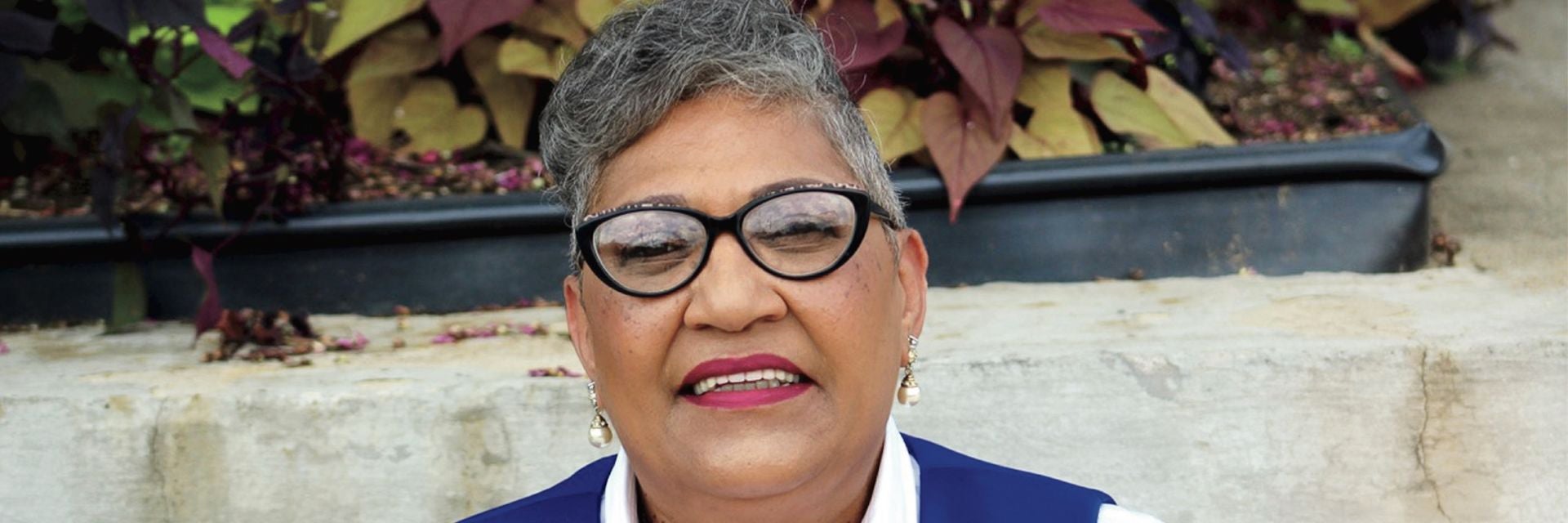If anyone knew how to navigate feelings of loss and despair, it would be Reverend Sharon Risher. As a former emergency room trauma chaplain in Dallas, Texas, Rev. Risher regularly consoled families after a loved one unexpectedly died. But her training couldn’t prepare her for the June 2015 massacre that claimed the lives of nine worshipers at the Emanuel African Methodist Episcopal Church in Charleston, South Carolina. Among those killed were Rev. Richer’s mother, Ethel Lee Lance, two of her cousins, and a childhood friend.
“I had stood with families that had loved ones killed from gun violence. But when you’re that person…it’s just not something that anybody really knows how to deal with,” she tells ESSENCE.
Sadness threatened to crush Rev. Risher’s spirit, but becoming an outspoken gun violence prevention activist helped her heal. “You never get over it. You never do,” she says. “Helping somebody else has always been my service, what I have done with my life,” she adds. “Even though this horrific tragedy has happened, I can feel good about what God has allowed me to do and the doors God has opened for me to walk through.”

In addition to her unshakable faith, Rev. Risher says writing her forthcoming memoir, For Such a Time as This: Hope and Forgiveness After the Charleston Massacre, and learning how to forgive Dylan Roof, the man who slaughtered her mother, helped her feel like herself again. But it wasn’t easy.
“My sister, Nadine Collier, was the first person to talk about forgiving him, at the bond hearing, 48 hours after everything happened. And when I heard that come out her voice I screamed because it was like, what, forgiveness?” she recalls.“Forgiveness is one of the hallmarks of the Christian faith but yet, even as a pastor, I could not get there,” she admits.
Two years later, however, Rev. Risher was able to follow in her sister’s footsteps. “[That’s] really when I started to feel like I’m me. I didn’t have to carry all of that anger and rage,” she says. “I was really able to come to terms with what he did, and not hold on to that because it doesn’t define me, that it’s a part of what happened, but it doesn’t define everything that I do.”
This profile appeared as part of a larger story inside the July/August 2019 issue of ESSENCE. Check back next week read the next incredible survivor story.
